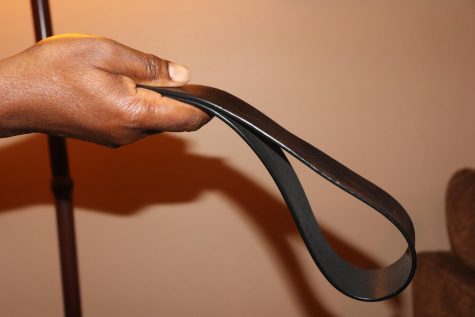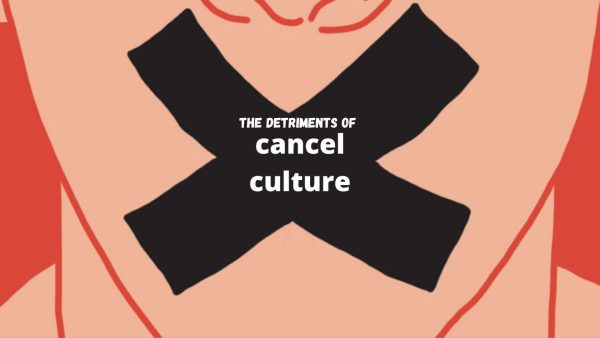Corporal punishment: Is it ethical?
April 25, 2019
Spanking serves an age-old way of parents taking disciplinary measures toward their children. These physical disciplinary methods range from using the back of one’s hand to the famously known belt. However, this form of punishment raises questions as scientists find a correlation between physical punishment during childhood and its impacts on mental health throughout life.
“Recent studies have also shown that corporal punishment is associated with increased aggression and makes it more likely that children will be defiant in the future. Spanking alone is associated with outcomes similar to those of children who experience physical abuse,” reporter for the New York Times Christina Caron said.
Despite knowledge of its detrimental impacts, numerous parents continue to engage in the painful form of punishment.
“Among Southerners, 62 percent of parents spank their kids; that drops to 41 percent in the rest of the country. Similarly, 73 percent of Southerners approve of spanking children, compared to 60 percent elsewhere,” ABC News reporter Julie Crandall said.

Corporal punishment causes pain for the intended victim. Otherwise known as spanking, this interaction becomes an urgent topic among parents and how to discipline their children. While certain parents boast about the effectiveness of this physical punishment, others realize the negative mental attributes associated with spanking and the impacts it imposes on children in the future.
Spanking even once existed ubiquitously in schools as a way to correct misbehaving students. Currently, only nineteen schools in the United States continue to permit in corporal punishment, informing the parents prior to the punishment and allowing students the option to opt-out of school suspension in exchange for a spanking.
While these students exercise their opportunity to choose a spanking, others become accustomed to punishment from their parents as they attempt to teach their children right from wrong. This familiarity with physical punishment incites a sense of cultural unity for minorities in particular with this group experiencing a higher risk of corporal punishment in comparison to their peers. The renowned and feared chancla (house shoe) of Hispanic culture, serves as a comedic topic of conversation in youth as they exchange their war-like childhood stories among fellow friends.
“Research shows that black children are more likely to be spanked than their non-black peers. [Corporal punishment] could be the reason black parents, eager to ensure their child does not become a ‘statistic’” are raising obedient children in an orderly household that respects authority. Perceptions of spanking among the black community are minimally affected by the research. In fact, black parents are more likely to question mainstream methods of parenting that they would argue spoil the child,” columnist for MadameNoire LaShaun Williams said.
This absence of information in other forms of punishment leads to the use of spanking by parents for preventing issues with their children later in life.
“Statistics show that black males still lag in academic achievement and dominate prison populations, and black females lead in abortion numbers and have almost three-fourths of their children out of wedlock,” Williams said.
Even with this group being more likely to receive punishment through spanking, they engage in activities that dissatisfy their parents, demonstrating that the spanking cannot prevent the underlying problems.
Despite a lack of proven evidence showing a correlation between spanking and improved behavior, parents still brag of its effectiveness and resort to physical punishment instead of taking the time to teach their children right from wrong and instilling approved values. The next time parents decide to physically punish their children, they should understand the lasting mental consequences that will impact their children in the future.


















